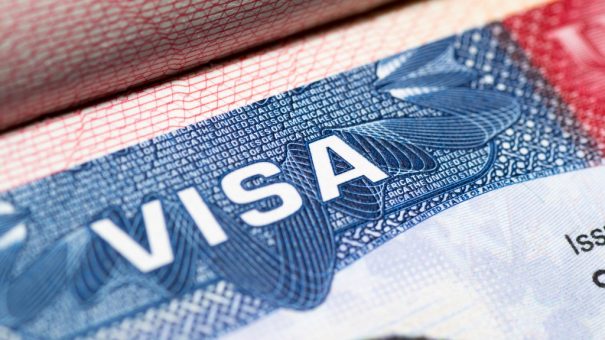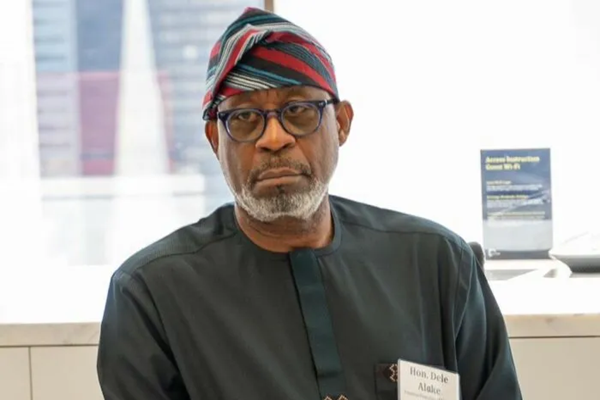Beginning today, Nigerians approved for United States non-immigrant visas will receive a maximum three-month, single-entry visa, marking a major policy shift from the previous five-year, multiple-entry visas granted to eligible applicants.
The U.S. Embassy in Abuja, in a statement yesterday, said the change is based on reciprocity principles and affects several countries, not just Nigeria. It added that Nigerians with valid existing visas will still be able to use them until they expire.
“Effective immediately, most non-immigrant and non-diplomatic visas issued to Nigerian citizens will be single-entry with a three-month validity period,” the statement read.
Policy Driven by Security, Visa Overstay Management
The U.S. Department of State emphasized that its visa criteria are globally applied and aimed at protecting the integrity of its immigration system. It cited secure travel documentation, visa overstay control, and criminal background data sharing as key benchmarks.
“These standards are based on global technical and security benchmarks. The U.S. Mission is working with the Government of Nigeria to ensure that Nigeria can meet the criteria,” the Embassy said.
It urged Nigerian travelers to respect visa terms and ensure their documents are authentic and up to date.
Despite the downgrade in visa validity, the U.S. affirmed its commitment to deepening bilateral relations with Nigeria through business, education, and cultural exchange.
Experts React: U.S. Within Its Rights, But Nigeria Must Respond Strategically
Reacting to the new policy, former Nigerian Ambassador to Belgium, Prof. Alaba Ogunsanwo, and international relations scholar Prof. Kayode Soremekun, said the U.S. has acted within its rights as a sovereign nation.
Ogunsanwo noted that reciprocity is standard in international diplomacy.
“If the affected country is not happy about it, let them reciprocate. It’s as straightforward as that,” he said.
Soremekun, a Fulbright Scholar and Rockefeller Fellow, however, faulted Nigeria’s failure to articulate and leverage its diaspora value in diplomatic engagements with Washington.
“Seven out of every 10 black doctors in the U.S. are Nigerians. Many work in underserved areas. Nigerians also contribute to U.S. space and nuclear research. But Abuja fails to present this card during policy dialogue with Washington.”
He stressed that Washington’s selective policy may partly be Nigeria’s fault due to weak diaspora advocacy and poor strategic communication.
“Despite the asymmetry in U.S.-Nigeria relations, elements of symbiosis do exist. Abuja must start pressing this variable in diplomatic engagements,” he added.
Background and Implications
The previous U.S. visa policy allowed eligible Nigerians to receive five-year multiple-entry visas under the B1/B2 category, covering tourism and business. The new policy will significantly limit frequent travelers, businesspeople, and families with ties in the U.S.
While no official response has come from Nigeria’s Ministry of Foreign Affairs as of press time, analysts expect Abuja to initiate talks or consider reciprocal adjustments for American citizens traveling to Nigeria.
The latest development comes amid ongoing reviews by Washington of its global visa reciprocity schedule, with a focus on security cooperation and document authenticity.




